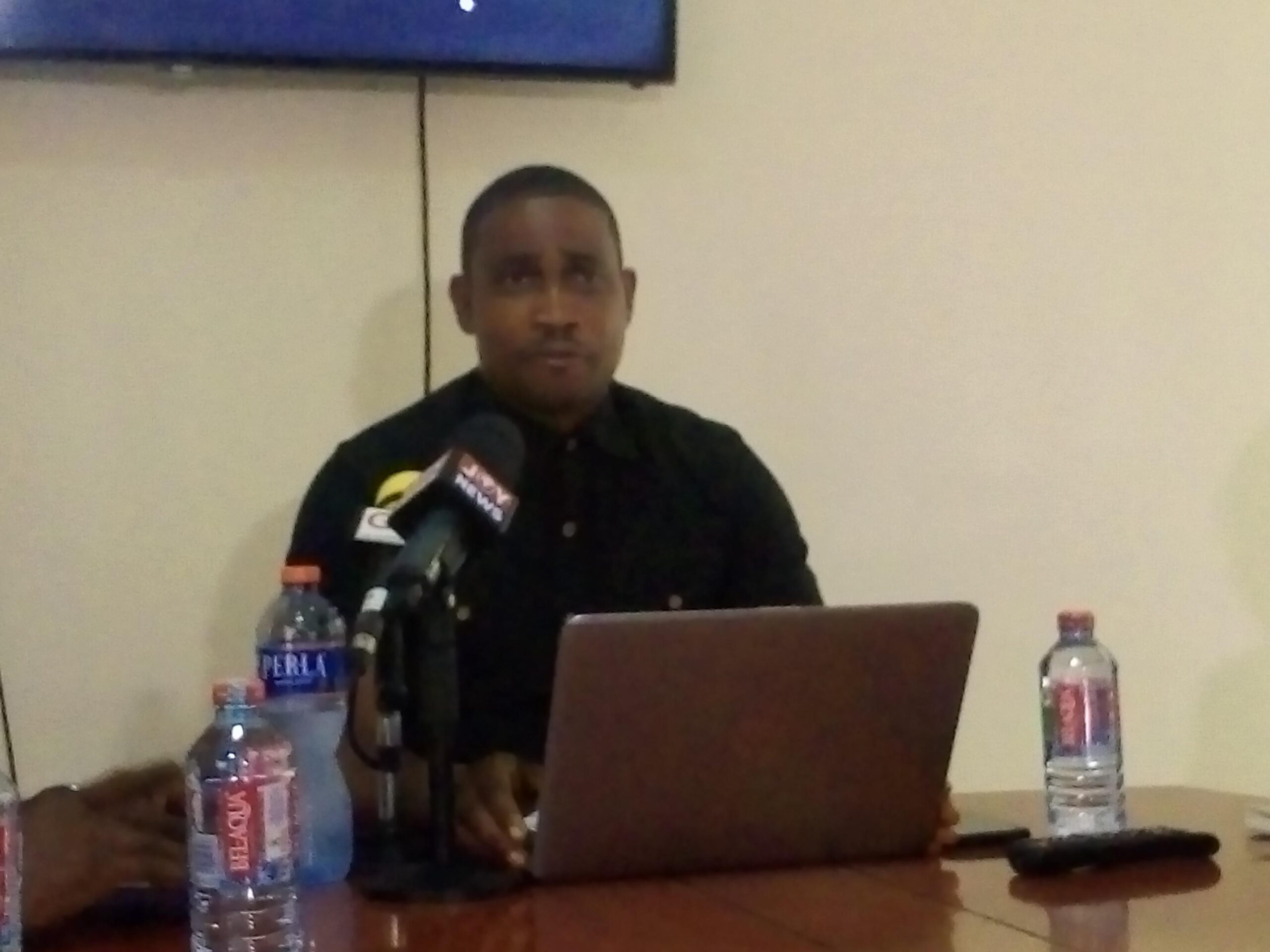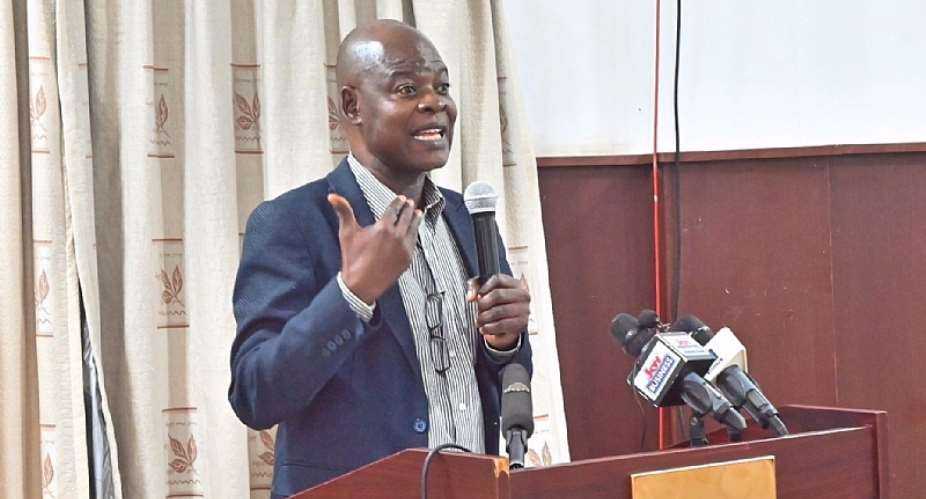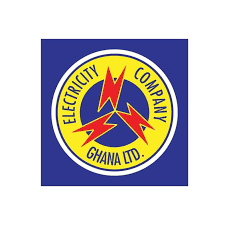
By Sammy CRABBE
A new frontier of place-based investment
In a rapidly changing global economy, location is no longer just about geography – it is about purpose, identity, and potential. Ghana’s One Square Mile initiative exemplifies this new frontier.
It isn’t just an urban planning concept or another infrastructural experiment. It is a vision for what a single, purposefully designed, and strategically branded square mile can unlock when innovation, heritage, entrepreneurship, and trust intersect in one place. This is not simply one square mile of real estate; it is one square mile of opportunity.
The rise of place-based investment
Across the world, investors are becoming increasingly place-conscious. They are no longer just putting capital into companies – they are putting capital into ecosystems. Cities like Tallinn, Kigali, and Medellín have shown how urban zones with bold identities and clear mandates can draw outsized investment and talent.
Ghana’s One Square Mile enters this global conversation with a distinct proposition: a dense, symbolic, and functional epicentre of African enterprise that fuses cultural authenticity with global standards.
What makes this proposition uniquely compelling is that it is rooted in a pan-African ambition but designed with global competitiveness in mind. Investors are not just being asked to back projects – they are being invited to help shape a model for inclusive growth that could be replicated across the continent.
A high-trust environment
One of the silent killers of investment in many emerging markets is the trust gap. It’s not always policy risk or macroeconomic volatility that scares capital – it’s opacity.
The One Square Mile initiative has, from the outset, been conceived as a high-trust, high-transparency zone. The model anticipates a strong focus on governance – whether through blockchain-enabled land registry, open procurement systems, or active community oversight.
This positioning is significant. Investors need assurance not only of returns but of accountability. The One Square Mile will serve as a demonstrator of what it means to derisk African infrastructure through design, digital tools, and institutional partnerships.
Infrastructure as an experience
Unlike traditional special economic zones or free zones that are often gated and disconnected from the community, the One Square Mile aims to offer infrastructure as experience. This includes:
- Smart utilities: Power, water, and waste management systems designed for resilience and sustainability.
- Design-led streetscapes: Walkable, green, and culturally expressive spaces that enhance both functionality and identity.
- Digital infrastructure: Free public Wi-Fi, sensor-based monitoring, open data dashboards, and interoperability with national platforms.
The emphasis here is on quality of place – not just functional adequacy. It will be a district that works, feels, and performs like the future, but without leaving behind the soul of its past.
Talent magnet and retention hub
Investors don’t just follow capital; they follow talent. The One Square Mile has been branded as a space to attract, nurture, and retain African talent – especially youth. From co-working spaces and maker labs to art districts and tech bootcamps, the environment will speak the language of creativity and possibility.
Moreover, by establishing formal pathways for skills training, internships, and local hiring, the district will ensure that local communities see a direct economic benefit. For global investors, this creates a talent pipeline; for local families, it creates a future.
Diaspora and global partnerships
The African diaspora is a multibillion-dollar engine of remittances, influence, and expertise. The One Square Mile’s brand deliberately leans into this reality by offering diaspora co-investment schemes, naming rights, curated cultural events, and even dual-market startup accelerators. This diaspora-inclusive brand identity makes it easier to attract early backers and global media attention.
Similarly, partnerships with academic institutions, private equity funds, and sovereign wealth initiatives create institutional credibility – ensuring the One Square Mile doesn’t remain a local conversation but becomes a global node.
Early investment advantage
In branding terms, the One Square Mile offers what few projects in Africa can: first-mover advantage in a place-brand economy. Early investors will not only enjoy competitive returns but also shape the district’s narrative, culture, and trajectory.
Think of the early investors in Shoreditch (London), Maboneng (Johannesburg), or East Austin (Texas) – those who arrived before the story became the headline.
Ghana’s One Square Mile sits at that same inflection point. With clear zoning, committed leadership, and a branding strategy that speaks to both global ambition and local authenticity, this initiative is poised to become one of the continent’s most iconic investment precincts.
A call to investors
Why should you care about a single square mile in West Africa? Because it’s not about scale – it’s about signal. The One Square Mile is a proof-of-concept for what African cities can become when visionary planning meets investor confidence.
It is a brand, a model, and a movement all at once. The question is not whether it will succeed – it’s who will be bold enough to shape that success from the ground floor. In the end, the greatest return on investment may not just be financial. It may be the privilege of being part of a generational reimagining – of a city, of a country, of a continent.
>>>the writer is a PhD researcher specializing in blockchains and decentralized finance at the University of Bradford. He holds an MBA in International Marketing and a post-graduate certificate is research from the International University of Monaco. Sammy was the first president of the Ghana Business Outsourcing Association and developed Africa’s first data entry operation and Ghana’s first medical transcription company. He can be reached via [email protected]
The post Africa’s most strategic Square Mile: Why investors should pay attention now appeared first on The Business & Financial Times.
Read Full Story
















Facebook
Twitter
Pinterest
Instagram
Google+
YouTube
LinkedIn
RSS